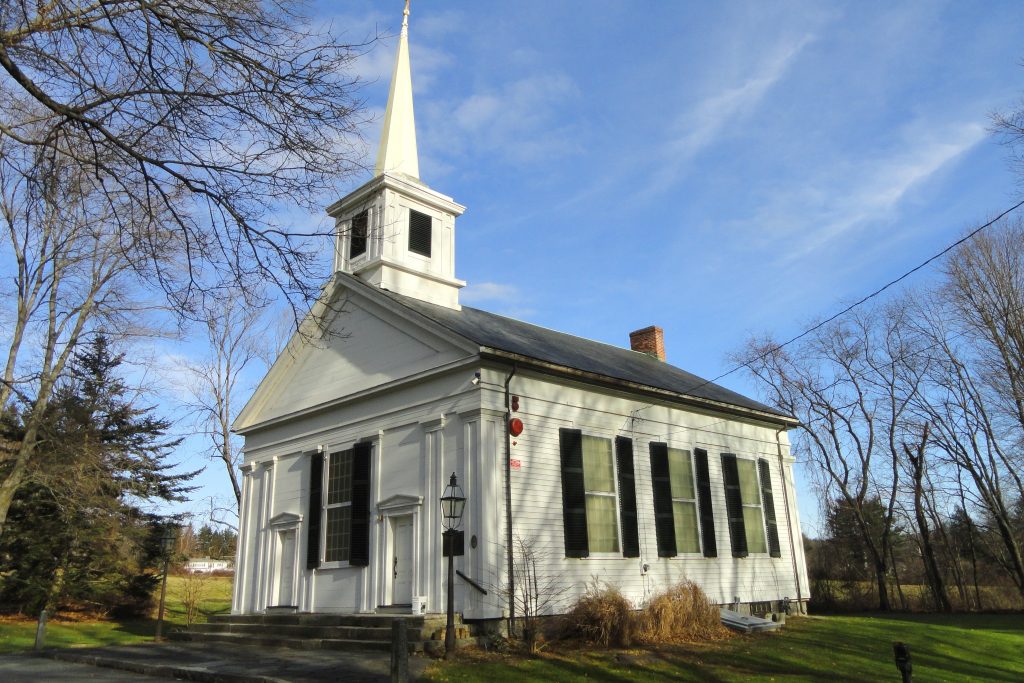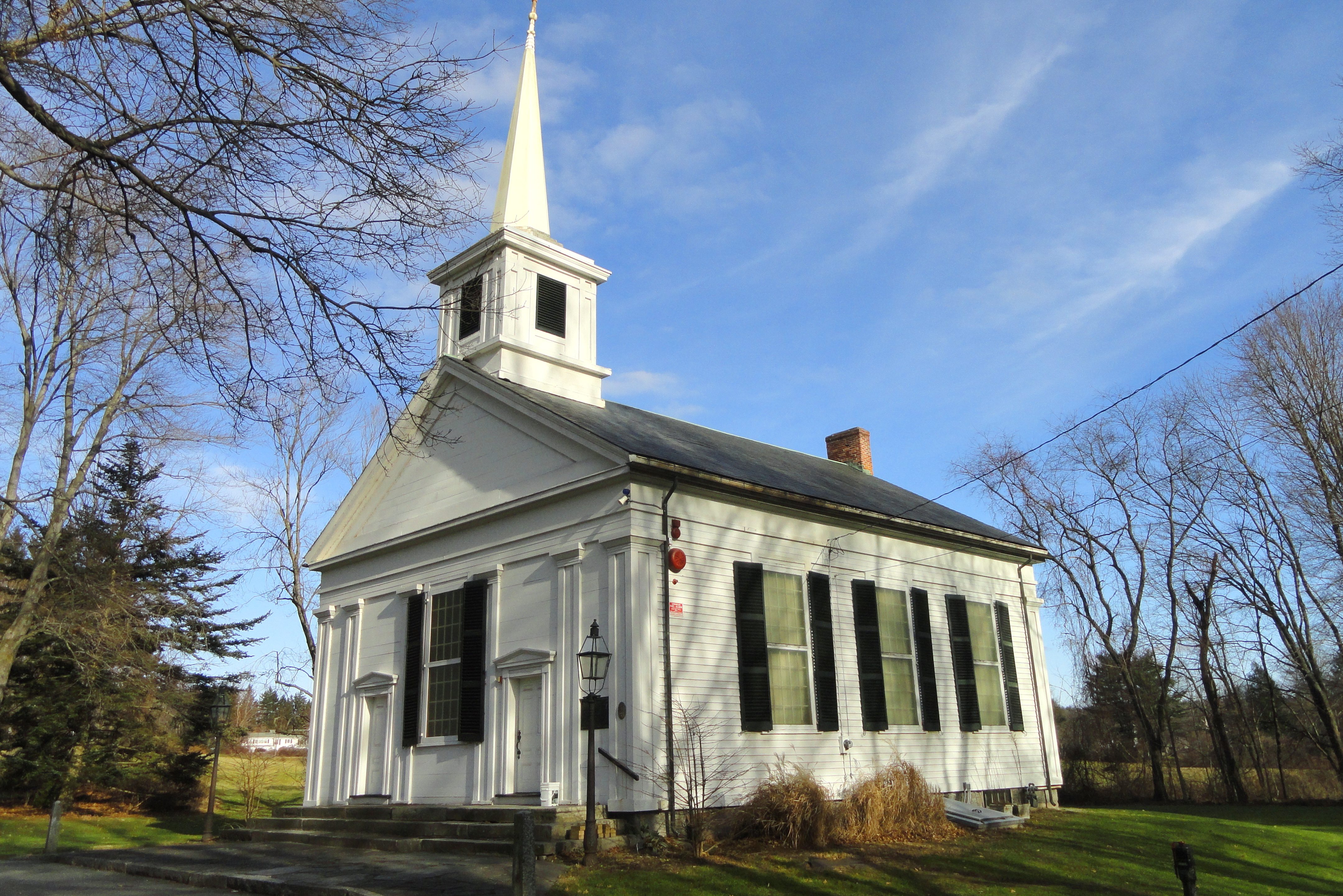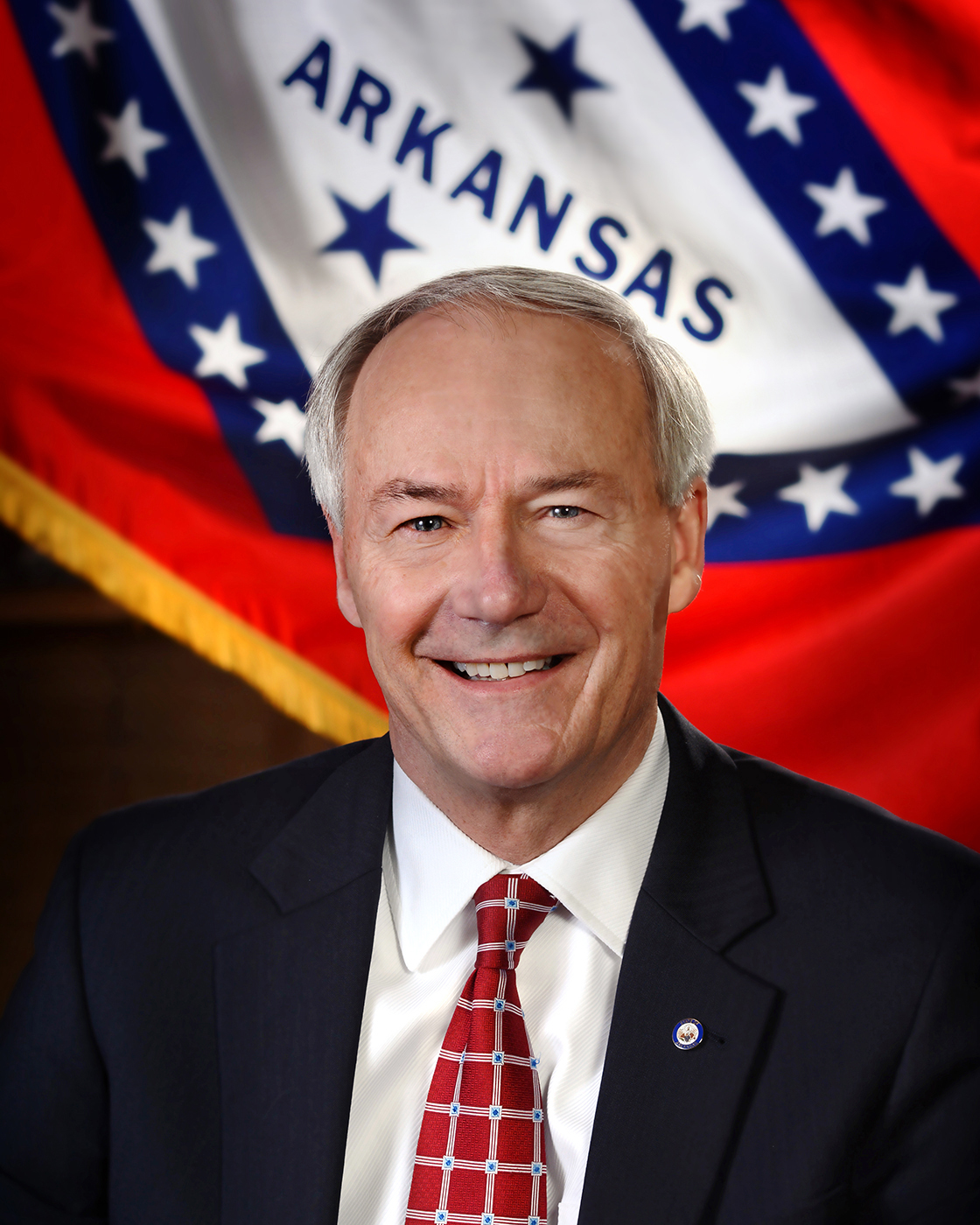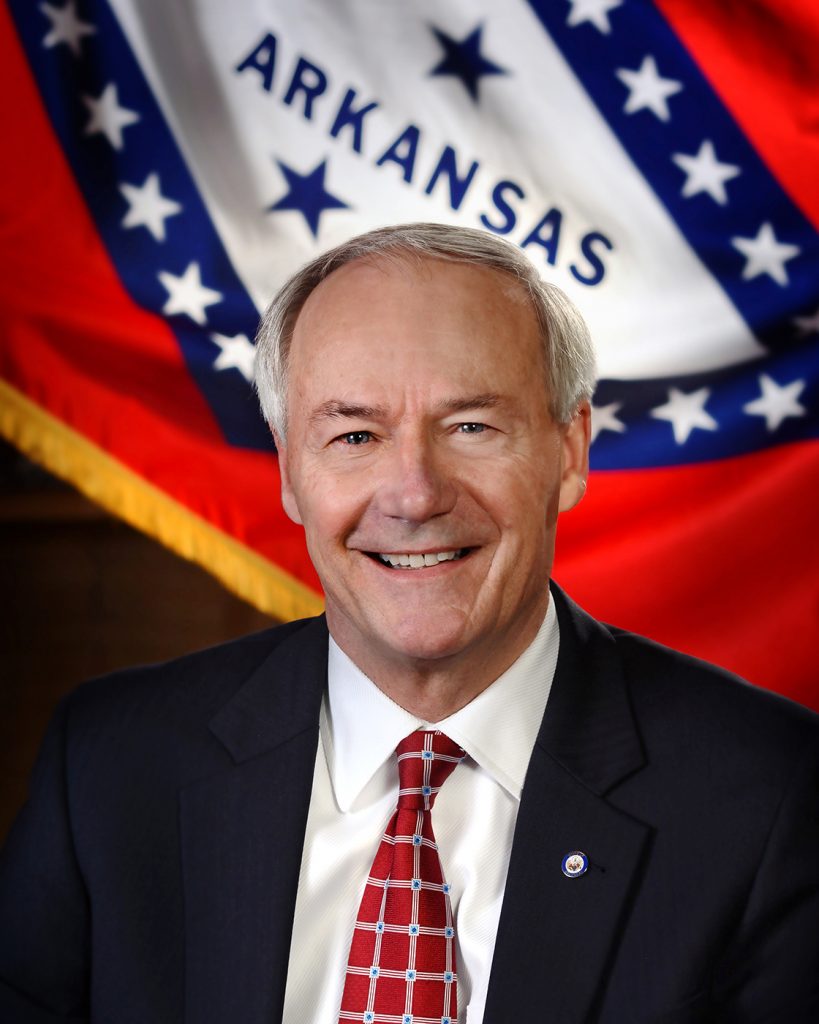How The COVID-19 Stimulus Bill Helps Churches

Last week Congress passed the “Coronavirus Aid, Relief, and Economic Security (CARES)” Act.
The bill was signed into law by President Trump on Friday.
It provides approximately $2 trillion in relief and economic stimulus in the wake of the COVID-19 outbreak.
Our friends at Family Research Council in Washington, D.C. have analyzed the ways in which the measure helps churches and other non-profits.
They have identified four key areas affecting churches:
- Direct loans to small businesses, nonprofits, and churches
- Incentivizing giving to churches and nonprofits
- Unemployment insurance assistance for those who work for nonprofits
- Encouraging and aiding churches’ responses to the coronavirus outbreak
They also highlight paid medical and sick leave requirements that may implicate nonprofits and churches.
You can read more about Family Research Council’s findings here.
Small Business Loans
According to Family Research Council, the CARES Act creates federally-guaranteed loans for small businesses and other entities, including nonprofit organizations.
The loans cover eight weeks of necessary expenses.
Tax Incentives and Unemployment Insurance
The bill creates additional tax incentives for charitable giving, which will help churches and nonprofits, and it offers unemployment insurance to employees of nonprofits and charities.
FRC writes that “the CARES Act expands unemployment insurance to help those who are without work because of the coronavirus outbreak. This bill creates a temporary Pandemic Unemployment Program that will run through the end of the year. The program provides unemployment benefits for those who do not usually qualify, including religious workers, the self-employed, independent contractors, and those with limited work history. It also covers the first week of lost wages in states that do not cover the first week a person is unemployed.”
Additional Grant Money for Charitable Programs
The CARES Act allocates additional funding for Community Service Block grants. These grants are federally funded and awarded through the state government. The money can be used to fight poverty in local communities.
Under the CARES Act, churches and charities may be able to apply for additional government funding to help serve members of their communities.





